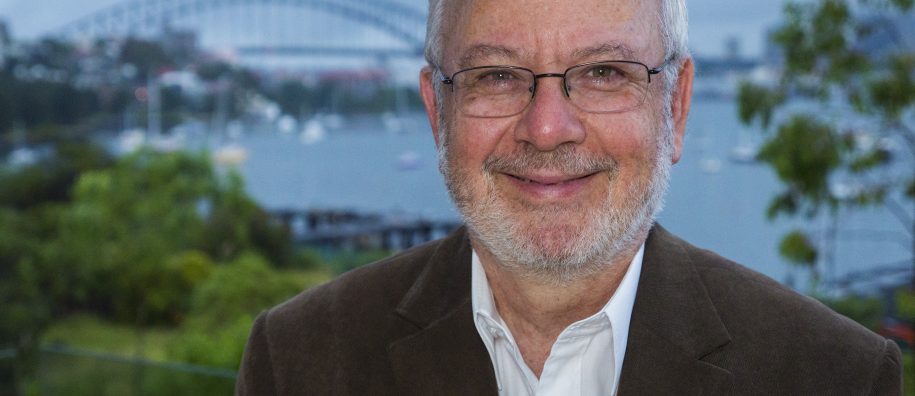
This year, the WAML Annual Congress will take place in Vilnius, Lithuania. This is the 27th WAML World Congress. It will address a wide range of legal medicine issues, such as the challenges and successes of ongoing health system reforms aimed at ensuring access to quality healthcare services; the role and responsibilities of civil society in the health sector; new challenges for health systems in the post-pandemic era; protection of patients’ rights; the role of forensic experts in war crimes investigations. Which of the issues would you highlight as a priority? Do the above-mentioned topics pose challenges to all members of the Association, representing more than 100 countries from different continents?
Each time the World Association for Medical Law (WAML) meets, at its World Congress for Medical Law (WCML), the themes of the meeting change. This has many advantages. The most prominent advantage is that the WAML aims to be an inclusive international organization in which many academics, within the various disciplines of Health Law, Legal Medicine and Bioethics, come together.
Does the Congress in Vilnius differ in its themes and specificity of the issues from those previously held in, say, Australia last year?
To ensure that the conference is not repetitive, the major themes for the WCML change, with each annual WCML, to encourage those who attended previous such conferences to continue to attend as the limitations within the scope of the disciplines involved is vast and it is impossible to cover the full breadth each year.
The focus for the conferences changes with respect to the imperatives that are relevant to the region of the world in which the conference is taking place. With the WCML being an annual event, it is important to keep moving forward and allow the conference to examine different aspects of the scope and nature of the disciplines involved.
WAML collaborates with some of the world's most renowned universities. It is noteworthy that this year's partner of the Congress is MRU which is an innovative university, trusted partner in bringing together a world community of leading experts in medicine and law.
The World Association of Legal Medicine has more than 100 members. What is the added value of membership in the Association? What are the advantages?
The advantages of being part of the WAML family are many and vast. The WAML is an international peak body within the disciplines of Health Law, Legal Medicine and Bioethics. This allows the membership to meet and exchange ideas with like-minded individuals who work in a similar space. The WAML produces a world class, international, academic journal, Medicine and Law, which has gained both in popularity and academic credibility.
The Journal is currently into its 42nd Volume and is already organizing content for its focused edition, for March, 2024, Volume 43. Unlike many journals currently available, the WAML Journal has surpassed any need to actively entice submission of worthwhile content and is having difficulty to meet the demand to publish with the speed expected to satisfy the many submissions offered by authors willing to be subjected to the accepted standard of evaluation.
The WAML also has a quarterly Newsletter, prepared by invited editors under the supervision of Hon Richard Wilbur of the USA. This Newsletter carries a different focus with each issue plus messages from the members of the WAML Executive Committee. This translates to there being an informal update of WAML activities with each issue of the Newsletter, supplementing a less rigid review of a topic of interest. In addition to these benefits, the WAML has also started producing books on specific topics.
The WAML has establish an active Education Committee which is developing an intensive, on-line course in health law, legal medicine and bioethics, designed to cater for the needs of its membership and to act as an inducement for the various disciplines to be expanded on an international scale and the Committee is currently in negotiation to further expand this concept to involve additional academic institutions.
The first such university, to develop an academic programme, following an overture from the WAML, is Bond University, in Australia, which has established a micro-credentialed intensive course examining “negligence”. This was established after Bond University endorsed the WAML as a major sponsor of the 26th WCML, in December 2022, on the Gold Coast in Queensland which is Bond University’s home. The idea of regional partners of the WAML is also gaining traction with interest being expressed in the Asean-Pacific Region and South America.
Suffice to say the WAML continues to grow and offer its members unrivalled benefits, for very little expenditure, and, as of last year, the WAML was formally acknowledged by a welcoming message, presented by Dr Tedros Adhanom Ghebreyesus, the Secretary General of the World Health Organisation, delivered at the opening ceremony of the WCML.